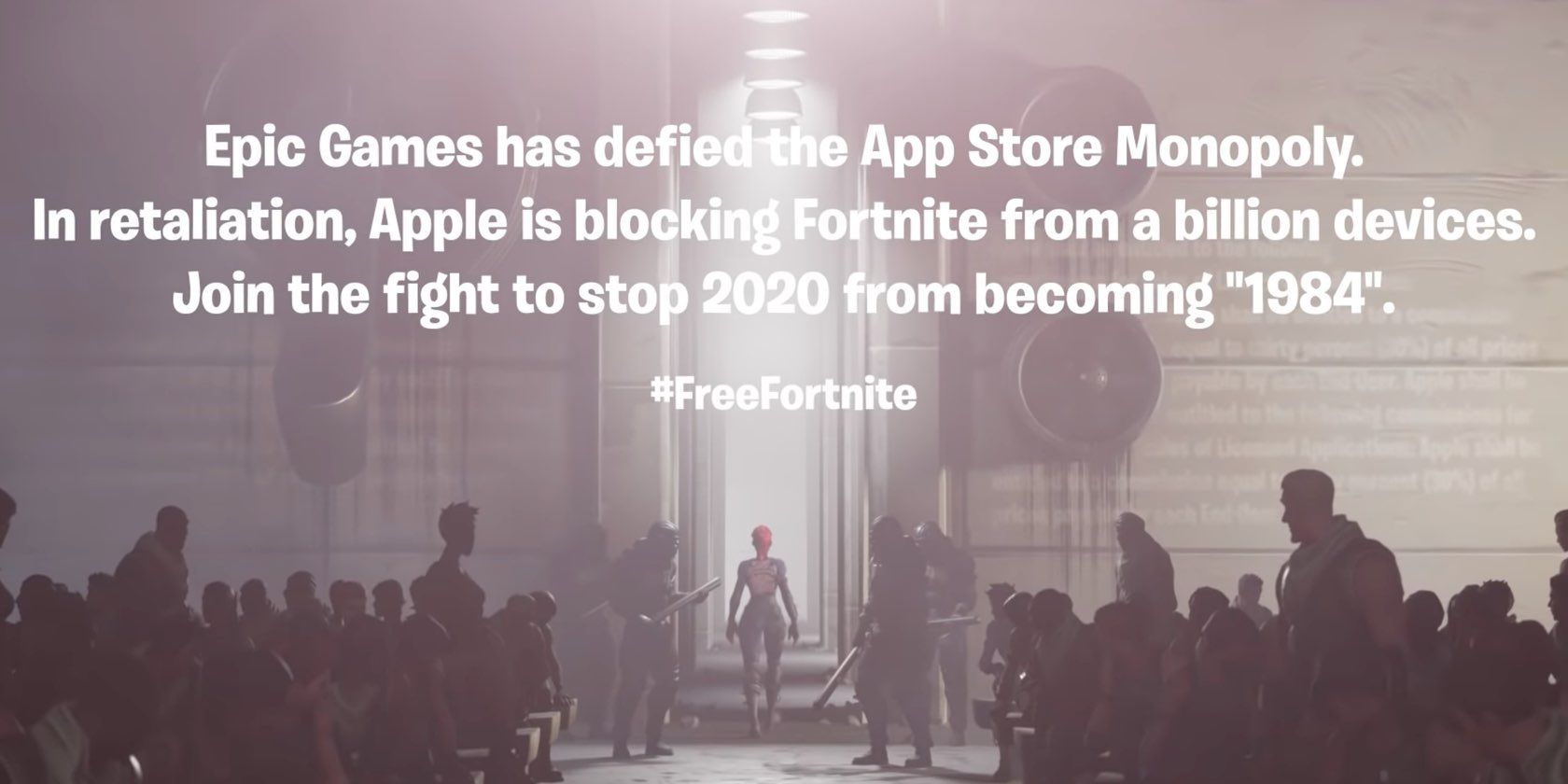Fortnite developer Epic Games is stepping up its fight against Apple over the App Store fees and other terms of business by filing an antitrust complaint in the European Union.
Europe, Free Fortnite!
The Financial Times reported about Epic's new filing with the European Commission’s Directorate-General for Competition. In it, the games maker alleges that Apple’s App Store fees along with the "carefully designed anti-competitive restrictions have completely eliminated competition in app distribution and payment processes."
The two companies will present their respective case in court in May.
The 30 percent [Apple] charges as their app tax, they can make it 50 percent or 90 percent or a 100 percent. Under their theory of how these markets are structured, they have every right to do that.
As a result of this, Epic argues, Apple is stifling competition while forcing people to pay higher prices for games and apps distributed through the App Store. The commission has acknowledged that it is aware of Epic's concerns regarding the App Store rules.
Epic also made the formal announcement in a blog post on its website.
Available on multiple platforms, Fortnite is an extremely popular battle royale title in which up to a hundred players fight to be the last person standing.
Epic Is Seeking Effective Remedies
In line with Epic Games' other complaints against Apple---previously filed in the US, UK, and Australia---the company isn't seeking any monetary damages from Apple. Instead, the developer wants "fair access and competition" and is asking the EU to intervene with effective actions against what it claims are Apple’s anti-competitive practices.
"Apple uses its control of the iOS ecosystem to benefit itself while blocking competitors and its conduct is an abuse of a dominant position and in breach of EU competition law," Epic says. Asked by The Financial Times what he thought these "timely and effective remedies" should entail, Epic CEO Tim Sweeney has responded by saying the following:
We just want to see prohibition on these platform companies using their control over the hardware to exert control over secondary markets and force them to compete on equal terms with every competitor.
Apple has fired back by labeling Epic’s behavior "reckless" and claiming that the company has made "pawns" of its customers. "We look forward to making this clear to the European Commission," Apple said in response to the Brussels filing.
Taking a Stand Against the App Store Fees
Apple takes its standard 30 percent cut on every app or subscription sale in the App Store, or 15 percent if a developer meets certain criteria. The issue blew up after Epic last summer tried to circumvent Apple’s payment system in Fortnite. In response, Apple removed Fortnite from the App Store and revoked Epic’s developer license.
Epic would prefer a more relaxed approach with Apple permitting third-party stores on the iPhone, such as Epic's own Game Store. It also wants to push Apple into allowing third-party payment platforms for the App Store payments. Currently, all app and subscription sales are required to use Apple's In-App Purchase mechanism that uses the iTunes billing system.

